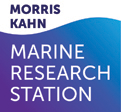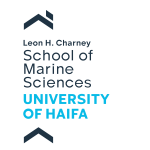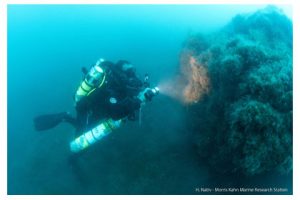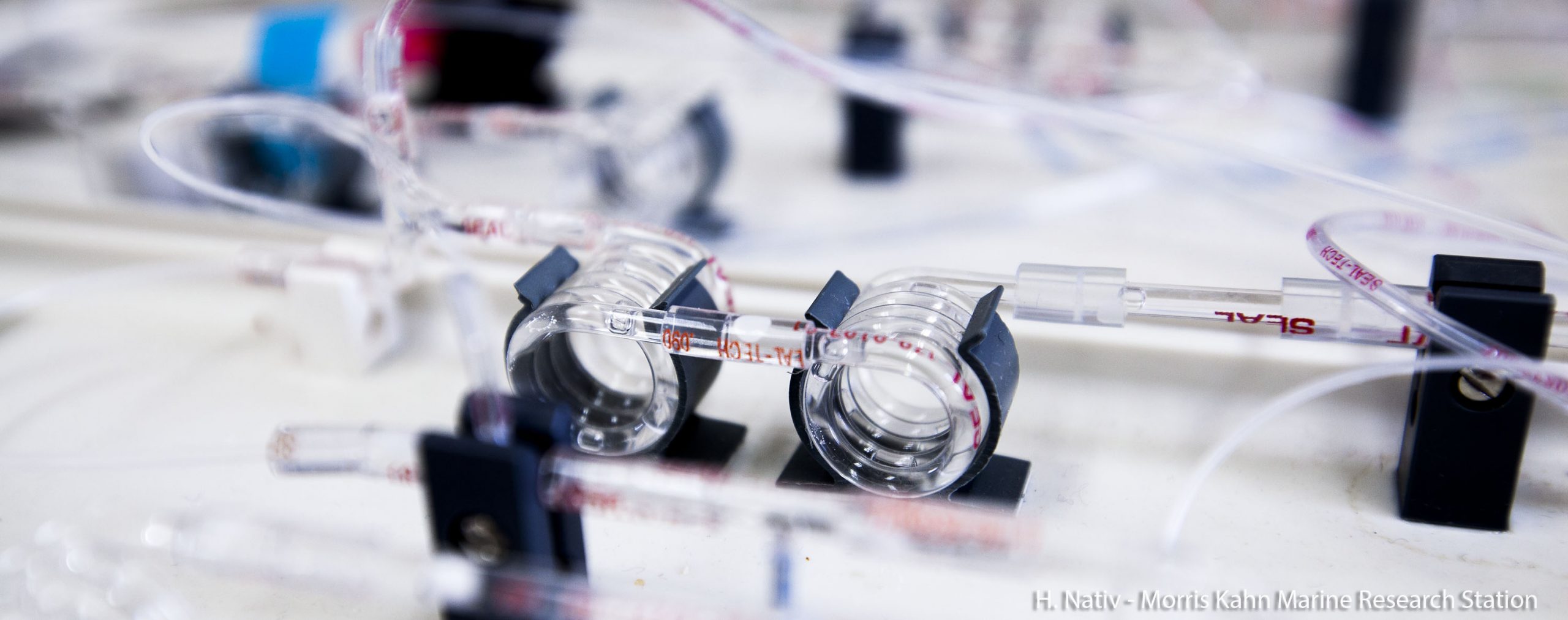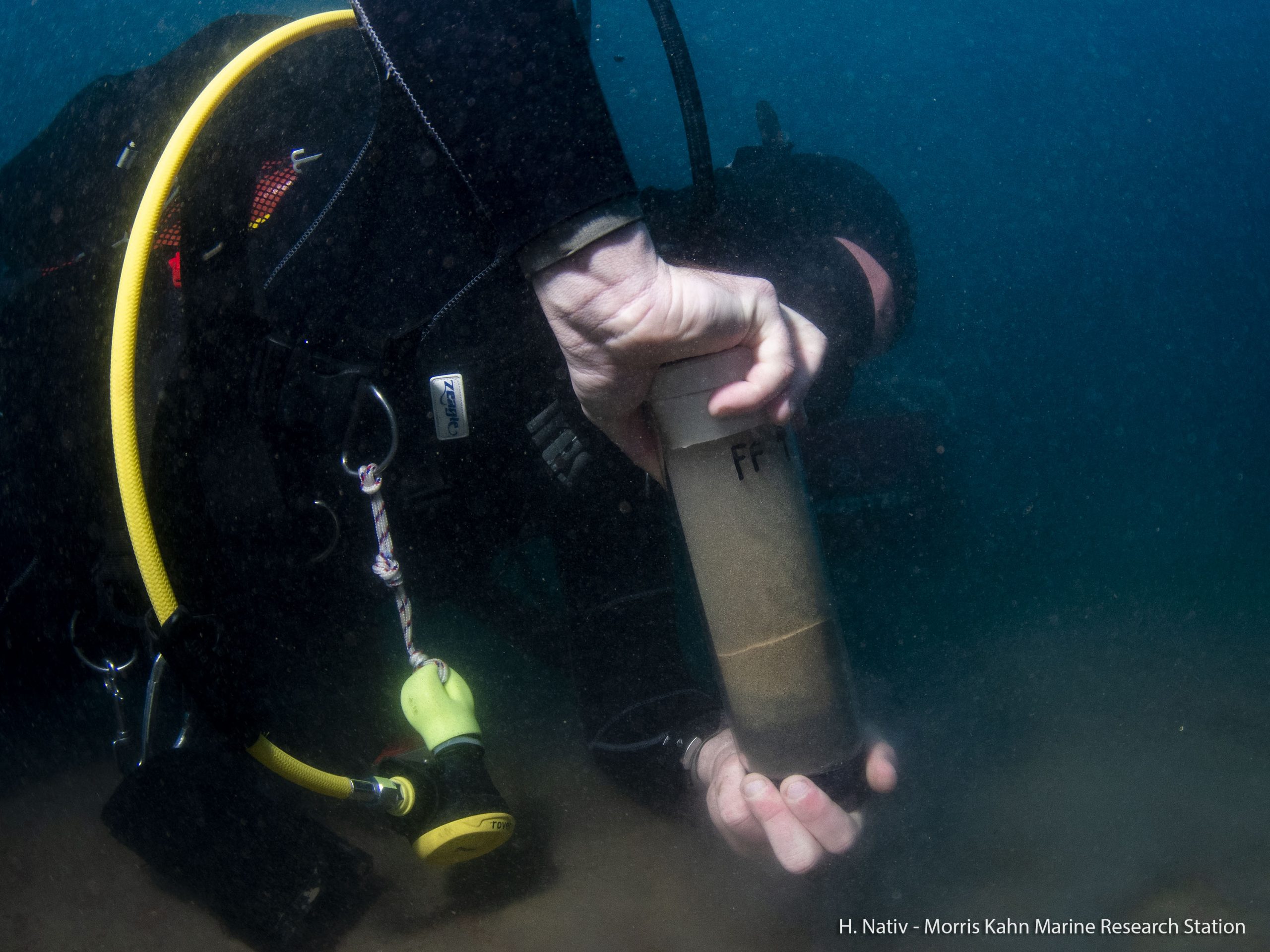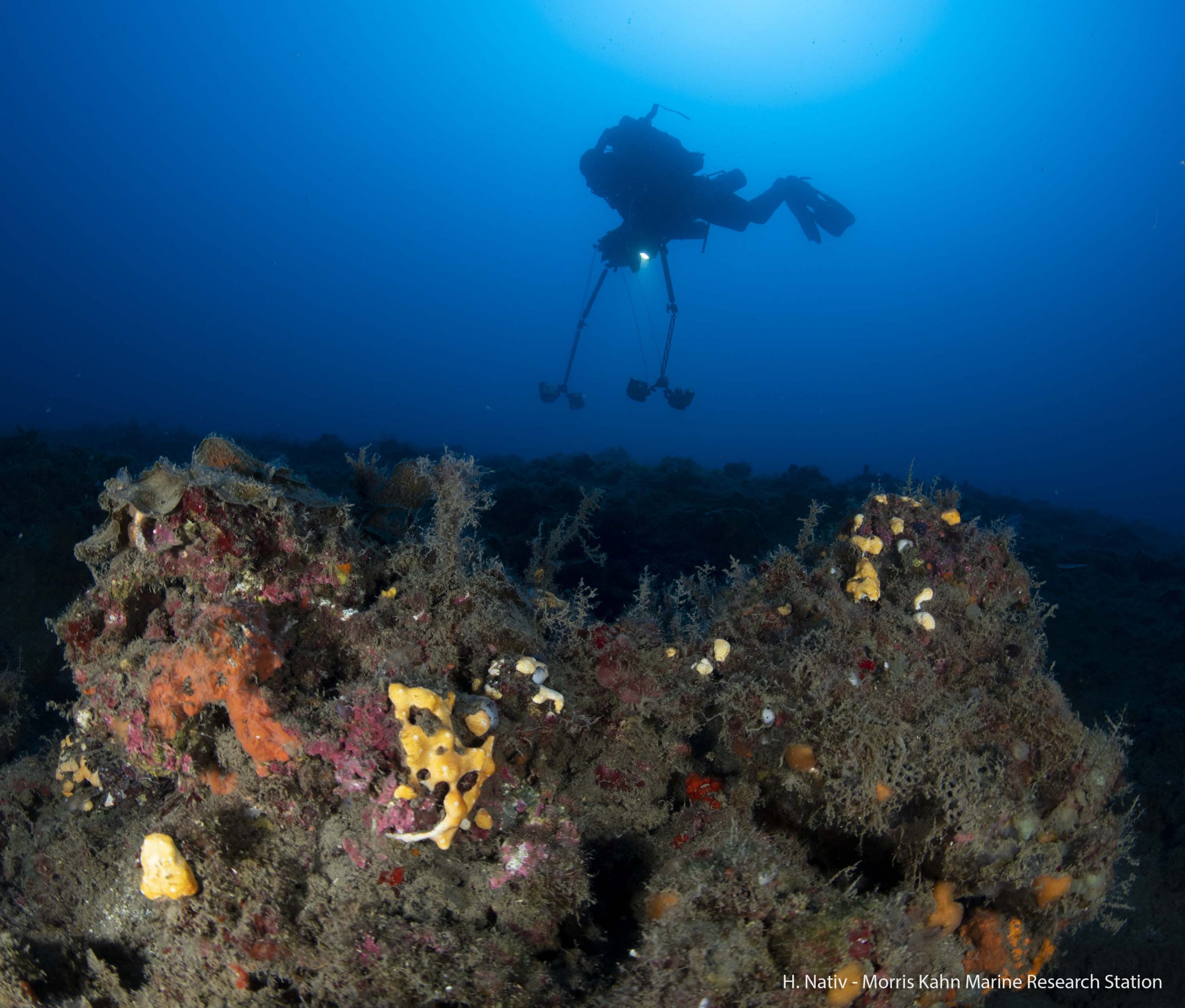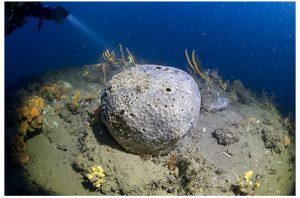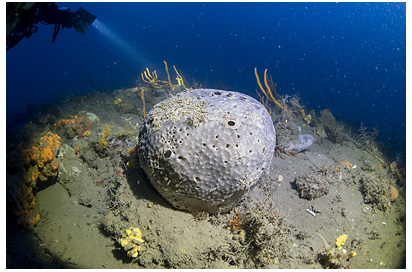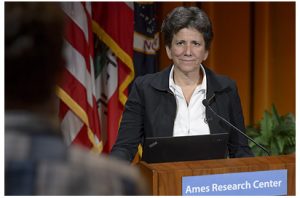Shark tagging season #6
The Apex Predator Lab begins it's 6th tagging season! This year, we will investigate the reproductive status of female sharks at the aggregation hotspot. We are ready to employ new methods and technologies, including ultrasound probes, shark-borne cameras and new satellite transmitters and analyse the new types of data using advanced laboratory techniques. Stay tuned for updates!
